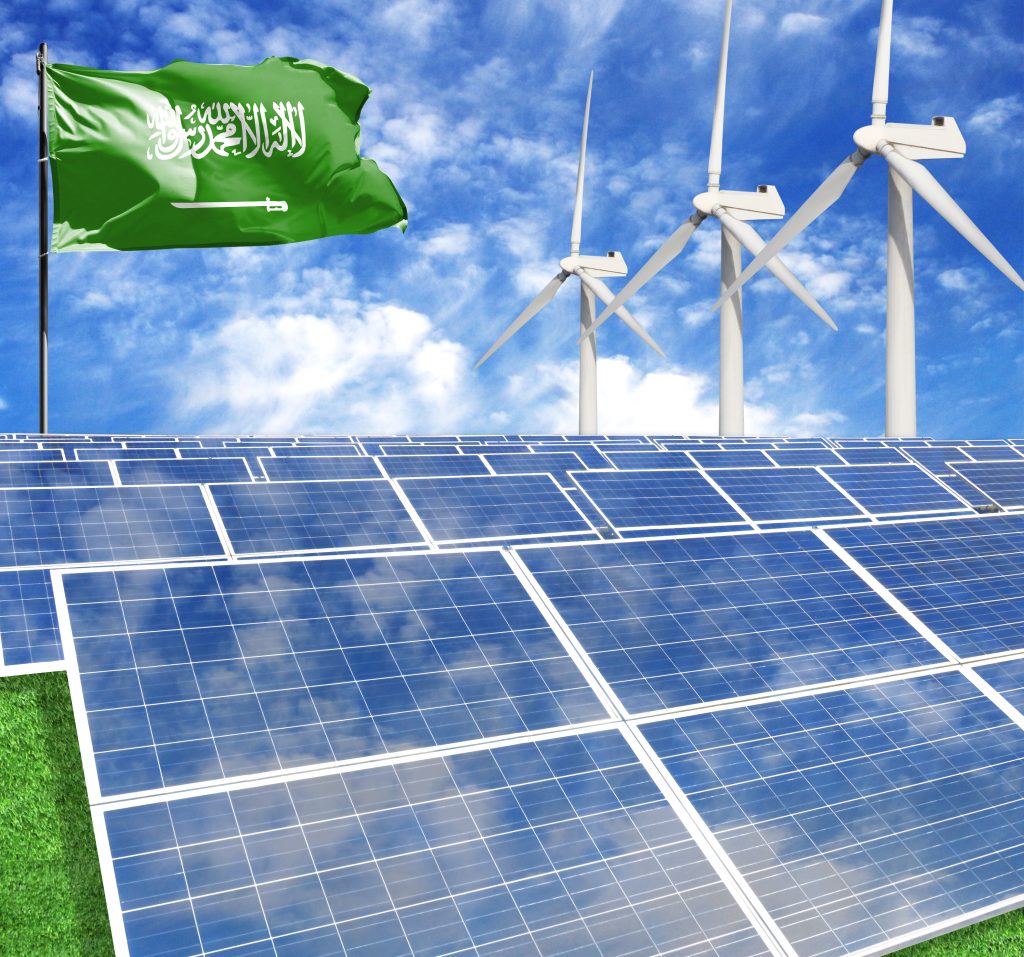In a significant shift from its long-established image as an oil-centric economy, Saudi Arabia is now taking strides to become a prominent exporter of various energy resources. This development was outlined by a high-ranking official during a recent industry event.
At the Future Minerals Forum, the Saudi Minister of Energy made clear the nation’s determination to expedite the reduction of fossil fuel consumption within its own borders, all part of a larger plan to spearhead the global energy transition.
A comprehensive strategy has been adopted by the Kingdom, focusing not only on local consumption — with an impressive reduction of 1 million barrels of oil per day — but also on the responsible usage of its energy exports across the world.
“We are no longer being called a leading oil country or oil-producing country. Our tag now is that we would like to be an energy-producing country of all sorts of energy, so our task is to prove it and we shall,” the minister announced.
He went on to detail the Kingdom’s initiatives in energy transition, which include a spectrum of projects from renewable energy to green hydrogen production, and carbon capture technology. These initiatives are designed to establish Saudi Arabia as a top exporter of a diverse range of energy types internationally.
Further emphasizing the Kingdom’s sustainable approach, the minister explained that the domestically saved oil would not cease production but would instead be exported responsibly.
As part of these efforts, the Kingdom’s Public Investment Fund has introduced a voluntary carbon market, and a greenhouse gas crediting and offset mechanism was launched during a climate week event in Riyadh. This pilot program is expected to evolve over the coming years to align with UN climate change regulations, with aspirations of becoming a regional market.
In an attempt to encourage worldwide reduction of emissions, the minister referenced the Kingdom’s proposal made at the Future Investment Initiative forum of 2023. This proposal urges all major oil producers to set a framework to “freeze” fossil fuel production and plan for a gradual phase-out by January 2024.
The minister also praised the collaborative efforts of the UAE and Saudi Arabia during the UN Climate Change Conference, COP28, where they showcased their progress in phasing out fossil fuels and transitioning towards more sustainable energy sources.
He acknowledged the challenges faced by the UAE and Saudi Arabia, especially considering their roles as oil-producers and OPEC+ members, but emphasized their commitment to responsible energy practices. “The challenge was high, and we took it upon ourselves too. It delivered us an opportunity to deliver what we are really doing, especially us and the UAE, to show that we are extremely energy responsible,” he concluded.
